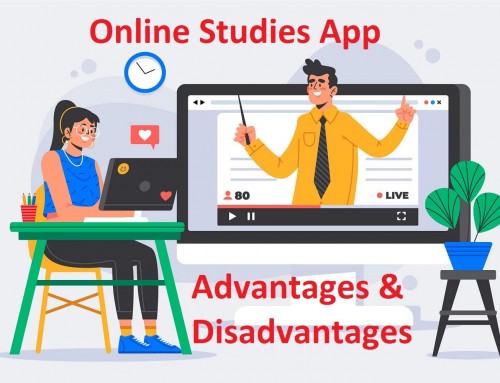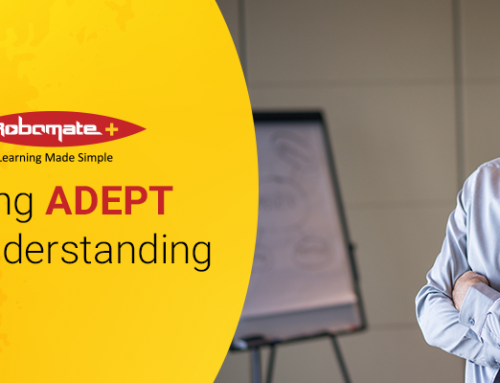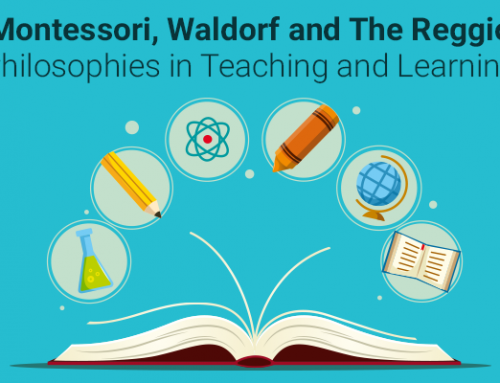These days every child wants to have a tablet of his own. And why not? He sees the adults using it all the time. The child’s aim however, is to play games or watch videos. Not many years ago children used to be happy simply gaping at the idiot box. In those days housewives used to put on the television for children so that they could do their household chores in peace. Of course times have changed and demands have changed with it.
Many parents actually buy smart phones and tablets for their children to play with, but studying still means that the child has to sit with a book in hand. The underlying belief being that even if children are not reading the book, there is always the hope that they may do it eventually.
The tablet as a study companion
Times are changing and now the tablet needs to be relooked at from the perspective of learning rather than just entertainment. A tablet can be loaded with books and video based lessons. Students may actually look at the lectures since for them it certainly is more interesting than having to read something and turn pages. Furthermore, lectures can be presented with presentations and animations to have a lasting effect on a student.
The tablet offers the advantage of technology. It can be monitored remotely. The parents need not sit with the student to know if the child is actually studying, but can get an update of the student’s activities on their own smartphones. They can find out if their child has gone through the lectures and attempted tests related to the lesson. Subsequently what the test score was, can also be found. The lessons can be broken down to smaller units for easier understanding. Each unit can have an objective test.
Homework can be sent and received by the teacher at will and a lot of class time that was required for writing on the board can be done away with. Lectures can be viewed and reviewed whenever students have time and teachers can concentrate on developing the students’ conceptual understanding rather than delivering the same lecture all over again.
More advantages of technology
A long standing pain point of parents and students have been the number and weight of books. The heavy baggage students currently carry around cannot be compared to the weight of the heaviest tablet pc. Not to mention that one tablet can contain hundreds of text books (1,000 books take up approximately 1 GB of space).
Technology in the tablets lets the students highlight text in digital books and digital books themselves can be enhanced with interesting features including animation. New syllabus can be easily updated in a tablet. One tablet can include guides and practice tests. Tests can be offered in the form of games to compete with other classmates.
The price of a tablet too is not higher than printed books anymore. A tablet can easily be used for three years. Printed books are not getting cheaper, but the price of technology is definitely getting more affordable.













